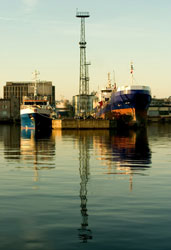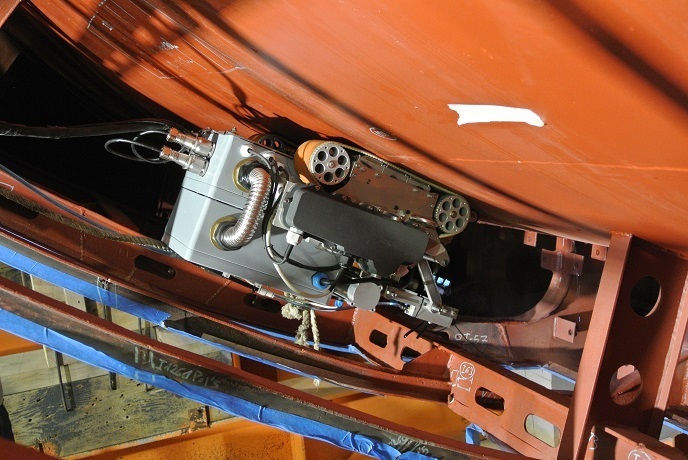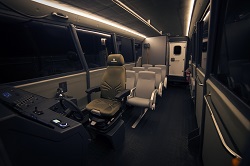Making sea travel more comfortable
Motion sickness is a common problem in sea transportation. While ships can operate during severe weather conditions, they are obliged to stop operating for many months or operate well under their capabilities in order to ensure passenger safety and comfort. The COMPASS project has designed a new motion sickness prediction model along with realistic standards for motion sickness and passenger comfort in sea transportation. The highest technological goal was to improve passenger and crew safety as well as the reliability, operational efficiency and competitiveness of passenger and cruise vessels in Europe's shipping industry. Under these auspices, a combined software/hardware tool can integrate motion sickness assessment software with on board measurement systems. This enables onboard continuous measurement of the motions, vibrations, temperature and air quality of the ship. It can also provide the observation/prediction of motion sickness and passenger comfort in different sections on board the ship. Furthermore, a decision support system was designed which assists the captain in executing the proper actions to lessen discomfort. This tool is suitable for the activities of consultants, designers and shipyards. New motion sickness and passenger comfort standards specifically cater to passengers and crew of sea transportation and can be used in a broad array of vessels including cruise ships.





